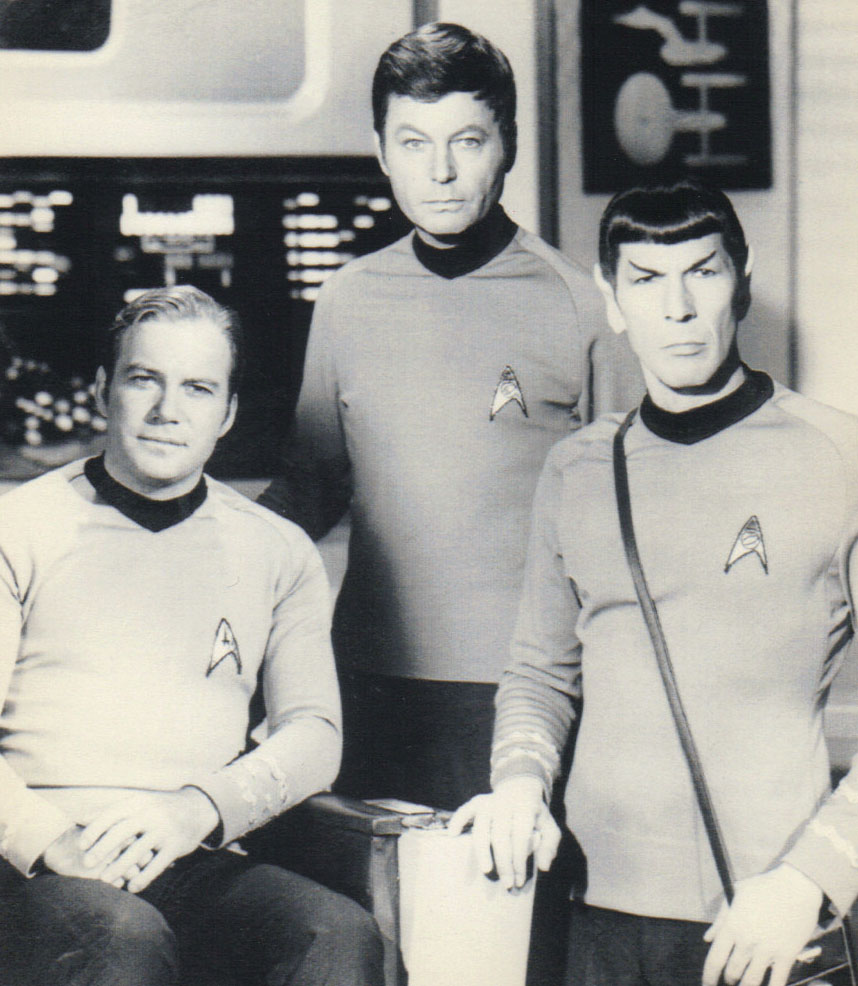I was at a party a couple of nights ago, celebrating a friend’s twenty-one years. I knew many people there in varying depths and degrees- from ‘really well’ to ‘quite well’ to ‘a little too well’. Naturally, I spent a lot of the evening focused on them. However, I’m confused as to why that evening I also focused my attentions on an attendee I did not know at all and why I hated her so much and why so instantly. Strange how a momentary impression can spark an aversion so consuming without any real knowledge of who that person is (oh Darcy! Oh Lizzy!). Yes, thanks to years of meeting a wide variety of people / watching many TV shows, we have the luxury of knowing only one person, then encountering ‘types’ like them. For instance, we know Ross and can recognise his external characteristics when encountering Russ (not neccesarily referring to looks, but for that episode of Friends), and may then apply Ross' internal characteristics (values and backstory) to Russ.
 |
| Figure 1: Mr Darcy and Miss Eliza Bennet had quite the first impressions |
It’s insulting and really not fair on those targeted: each person has unique interests, experiences and personalities; and it can even inspire prejudicial treatment. Perpetrators get their just desserts after they force an Asian peer to write their assignment for them, only to discover they have to repeat their senior year when their Eastern alum isn’t really a chemistry whiz. Burrrrrn.
The point I was making a tangent ago is that it’s really terrible to presume something about someone, but I can’t help it. At this party I perceived someone outside the dress codes of conformity, mild manners of repression and beige-faced club of oblivion. She was loud, overdramatic and pretentious. But beyond this, I did not know her. I knew ‘types’ like her. And so I disliked her, immediately. The moment she made herself known to me (and the rest of the room), I had made predictions about her diet, occupation, relationship with her parents and/or step-parent, the name of her Robert Smith tribute band, ironic sentiment behind her don of a gothic crucifix, and I had guestimated her number of Facebook friends. In a word, she was cool. I couldn’t quite pick if she was the type that shamelessly embraced their coolness or if she was the type self-aware of their coolness and thus prone to exhibiting subversive and ironic levels of coolness.
It was after ragging on her to an equally agitated friend, that I quipped, “Really, I want to be her and you want to sleep with her”. Then I discovered a sad truth. Not that my friend and I secretly want each other, but this girl was an ideal role model and/or partner. She was being who she wanted to be. She was comfortable with herself in front of a room of mostly strangers. And the people who weren’t strangers – you might call them her friends – probably liked her and enjoyed her company. Was I the one being overdramatic? Maybe her big entrance was merely mild – the party wasn’t exactly pumpin’ – at that point it was categorised by soft music and light chatter amongst eagerly prompt guests. Maybe her generous display of flesh and cleavage wasn’t about her self-importance but self-confidence. Maybe her shrill squeals weren’t attention-seeking but induced by a tickle fight or complimenting the dry wit of a friend. I think I’m drifting from sincerity into sarcasm. Do I actually hate her then? And if so, for a reason? A good reason? Is my hate motivated by jealousy or repugnance?
 |
| Figure 2: (left to right) Ego, Id, Superego |
It’s here that I consider notions of id, ego and superego, social norms and constructs, and the Western world’s centuries-worth of efforts establishing personal values based on repression and the ‘greater good’. And it’s here that I dispel them all, reassuring myself and you, the reader, that it’s okay to dislike someone based on your judgments. Really, as long as your judgments centre on universally-disliked intrinsic qualities. If you want to hate on someone because they donate to charities, then you’re just sadistic. Unless that person donates to charities to be seen and admired, then yeah you can hate them. I felt quite alright after this self-enlightenment. Then confused by my particular set of circumstances at the party. I went to yahoo answers, then to stuffwhitepeoplelike.com in hopes of finding this ‘judging’ business a common trait amongst my peers and, with a sigh of relief, simply and safely able to diagnose myself as new-age white.
It’s not there. Following this in-depth research, allow me to try to reason this out here.
 |
| Figure 3: Judge Reinhold |
Judgments can only be informed by knowledge, and on whatever level that you know a person – superficial or intimate – you will perceive qualities that you have already deemed ‘good’ or ‘bad’ from some instance in your life. For instance, I perceived ego-centricity in this party guest. I think God, Freud, David Mitchell and all the ontologists out there can agree that it’s a negative quality in a person. Say if I got to know this girl, I’d perceive other qualities in her – more than likely, admirable ones. As our friendship blossoms I might in fact learn another side to self-confidence, a rare and humble side that sometimes manifests itself as ego-centricity to the untrained eye and ignorant soul. Like how I used to think So You Think You Can Dance would make for boring television. Boy I was wrong, until I saw and quit the Australian version. Or maybe that’s another instance of ill-comprehension on my part.
The point is, I’m sure this girl and I would find some common ground and I’d like her quite well. {I’ve been throwing around the ‘hate’ bomb throughout this article, when I don’t really dislike anyone with that much passion.} I couldn’t stand to be nasty to her because deep down I know she’s not all that bad or deserving of it. I wouldn’t have a problem slighting a taunting, homophobic, racist, thieving, killing, Joker-like criminal. With this girl and other strangers, I don’t want to think of myself as prejudiced but rather mistaken. My knowledge of her was incomplete. I recognise that I disliked her based a minor facet to her personality which leaders of many faiths have taught me to be intrinsically wrong; a facet arbiters of society have deemed unfavourable; a facet which I might have just miscalculated. The idea that I am open to getting to know her and belief that there’s more to her than meets the eye, means I’m not actually a bad person, right? Or I am just condoning prejudice in a round-about, guilt-negating way?
You may dislike this article and me for authoring it. To which I might argue, hey you really don’t know me. Your summation of me is mistaken and incomplete. But then again, these are quite intimate musings that highlight a self-centred anxiety and insecurity in social situations. Nonetheless, in trying to understand why I don’t like certain strangers, certain qualities in strangers and whether by act or in assessment these judgments make me as bad as I deem them, I think I’ve produced a convoluted examination of a mild and sub-conscious pastime. Perhaps I should have selected a different case study with a more obvious conclusion- like hating ‘so hot right now’ actors Paul Rudd and Ryan Reynolds just to go against the crowd or ragging on Anne Hathaway just because she’s more talented and successful than me.
 |
| Figure 4 (left to right): Brittany and Santana and a case of mistaken identity |
If you’ve taken away something from this article (other than contempt) I hope it’s that people can surprise you. I don’t think any Gleeks saw it coming when that bitchy, promiscuous cheerleader they had watched scheme for two seasons actually turned out to be a repressed lesbian. Please be kind and accepting of others differences; most will be harmless. You can judge all you want, to build yourself up or whatever the deal. But remember someone will be judging you, whether here on Earth or wherever Charlie Sheen hails from. Ha, so topical.
No comments:
Post a Comment